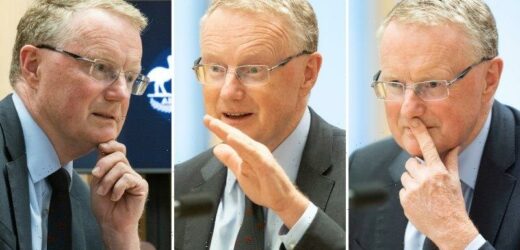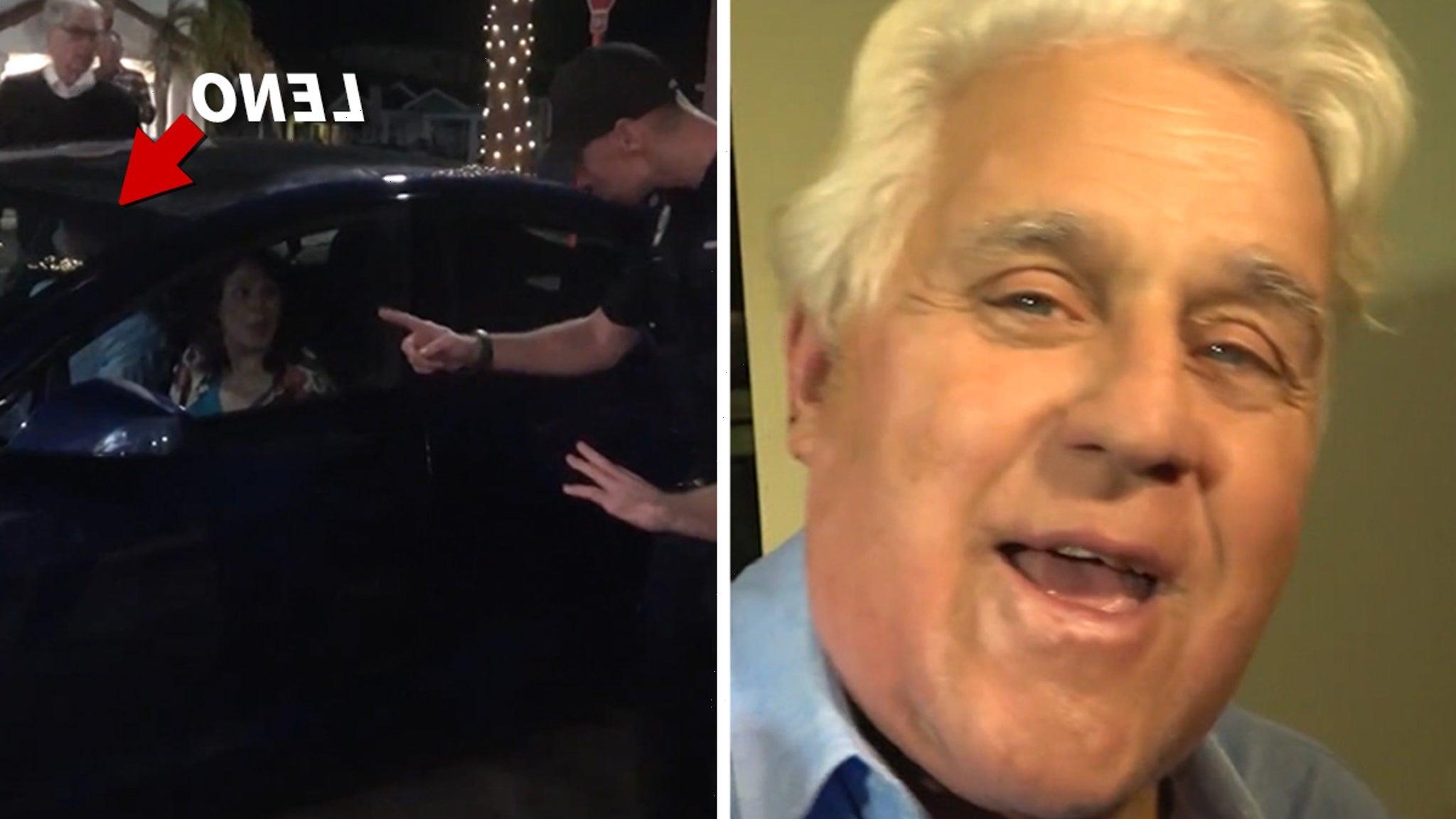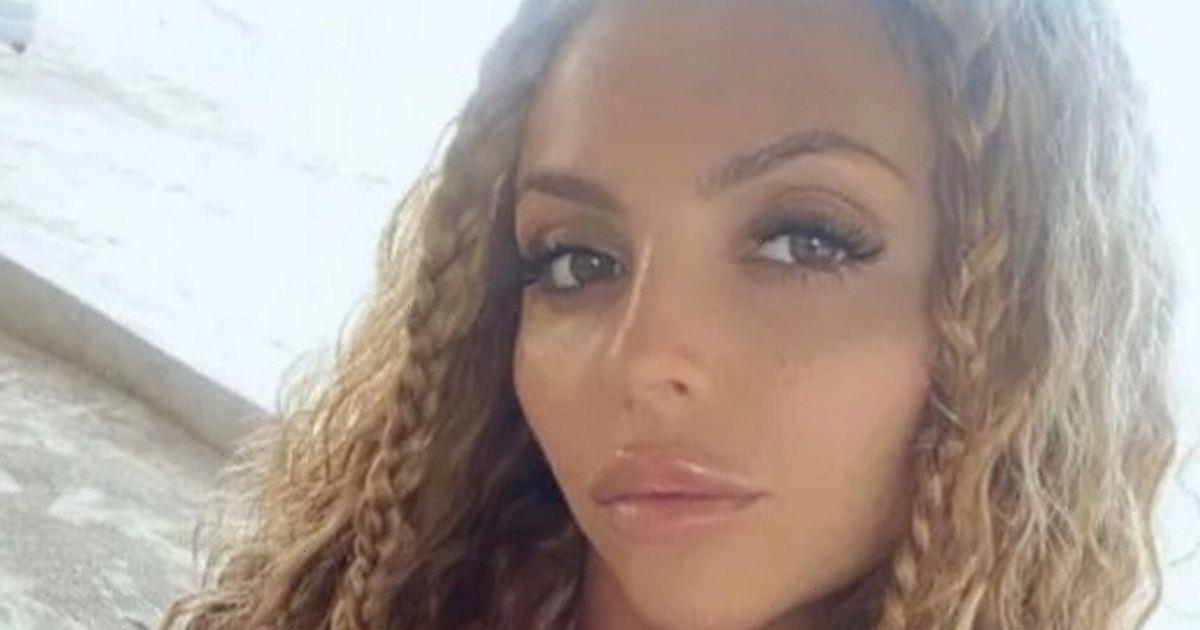In terms of apologies, it was of the “I’m sorry you were offended by what I said” variety.
Reserve Bank governor Philip Lowe, making his first appearance before a Senate estimates hearing, was asked by the Greens’ Nick McKim whether he owed an apology to the hundreds of thousands of Australians who took out mortgages over the past two years on the understanding interest rates would not increase until 2024.
RBA governor Philip Lowe apologises for home buyers acting on the bank’s comments about future interest rate rises.Credit:Alex Ellinhausen
Lowe’s answer was couched as an apology. But the actual words were more apology-adjacent.
“I’m sorry if people listened to what we’d said and acted on what we’d said and now regret what they’ve done. I’m sorry that happened,” he said.
“I’m sorry that people listened to what we’d said and acted on that, and now find themselves in a position they don’t want to be in. At the time, we thought it was the right thing to do.”
In other words, the RBA governor – whose decisions, along with the rest of the bank board, are costing mortgage holders about $1000 a month in higher repayments – told people he was sorry they had listened to him.
Pressed further, Lowe conceded he should have been more careful with his language around what might lead the bank to abandon its “no rate rise till 2024” position.
“That’s a failure on our part, we didn’t communicate the caveats clearly enough. The community heard 2024, they didn’t hear the conditionality, that’s partly our fault,” he said.
Again, it’s an apology in outward appearance but there’s a kicker. It was only “partly” the bank’s fault that ordinary Australians, going about their business, did not drill down to the ins and outs of monetary policy jargon.
This was the form of words used by Lowe in a statement following the RBA board’s October 2021 meeting, at which the cash rate was held at 0.1 per cent.
“[We] will not increase the cash rate until actual inflation is sustainably within the 2 to 3 per cent target range. The central scenario for the economy is that this condition will not be met before 2024. Meeting this condition will require the labour market to be tight enough to generate wages growth that is materially higher than it is currently,” he said.
To make sense of those sentences requires: a working knowledge of the Reserve Bank’s definition of “sustainably”; whether it is referring to headline or underlying inflation; where within the 2 to 3 per cent target inflation has to hit before the bank considers a rate rise; a working knowledge of the RBA’s “central scenario”; understanding the current unemployment rate; where that rate needs to be to generate wages growth; and how much faster that growth has to be before it starts lifting inflation.
Most economists can’t agree on key concepts in the statement.
The bank, by its own admission, got this wrong as the economy started motoring along at ramming speed. In May, a full two years ahead of schedule, it lifted the cash rate. And continued in every month since.
So, what hope did a family living in Melbourne’s Mill Park or Sydney’s Harrington Park or Perth’s Gosnells have of understanding that rates could be increased ahead of 2024?
Lowe, rightly, argued that the super low interest rates of the past two years, on top of the bank’s own quantitative easing program and the spending by federal and state governments, has delivered the lowest unemployment rate in 50 years.
A jobless rate of 3.4 per cent is a tremendous policy success for a central bank whose charter includes a commitment to full employment.
But it could come at a very hefty cost as the bank franticly lifts interest rates to keep inflation – which will make life even worse for households and businesses across the country – under control.
If the bank has to apologise for getting that wrong, it will have to do much better than the one offered on Monday.
Cut through the noise of federal politics with news, views and expert analysis from Jacqueline Maley. Subscribers can sign up to our weekly Inside Politics newsletter here.
Most Viewed in Politics
From our partners
Source: Read Full Article



